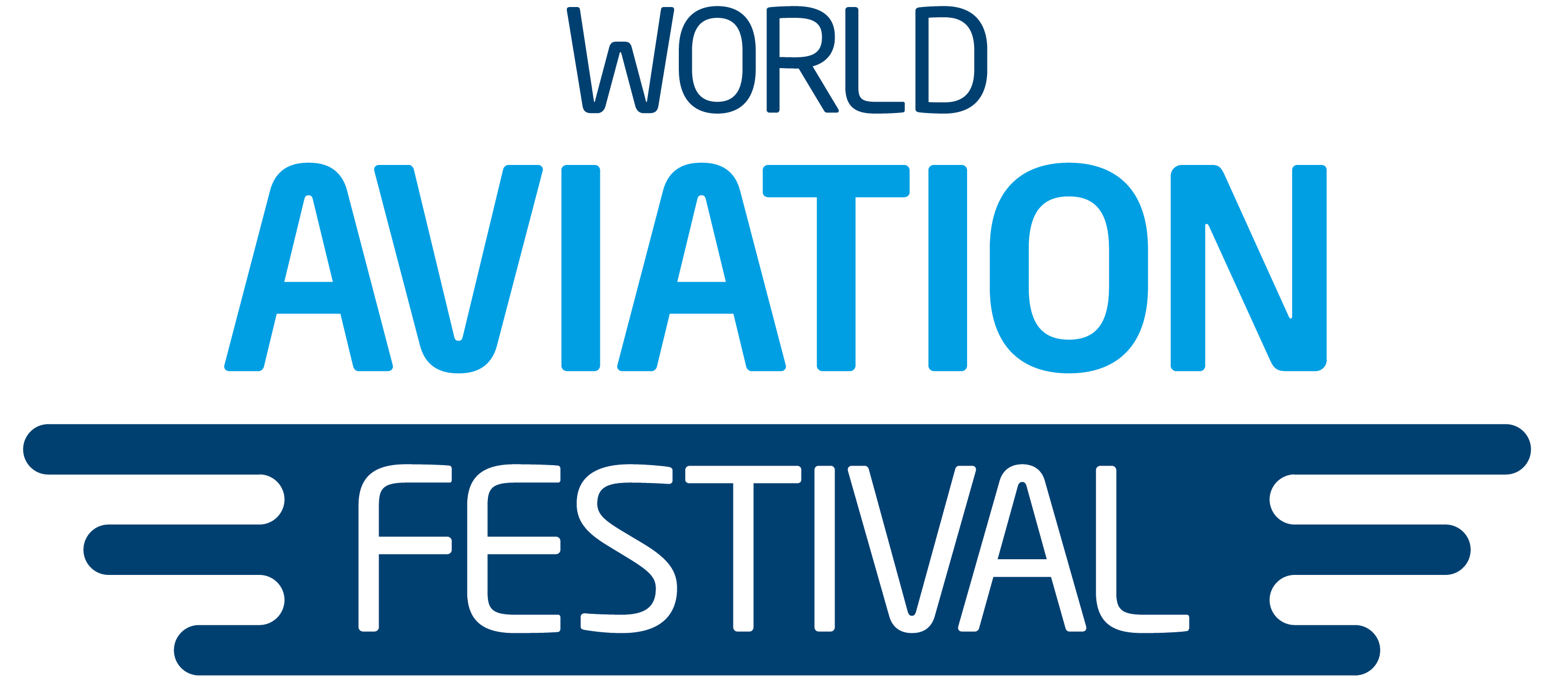Passengers Want To Cut “The Hassle” Out of Flying Under COVID-19 Rules
As the Olympic games begin, Tokyo Haneda and Narita airports have launched biometric facial recognition processing at check-in, baggage drop, security clearance, and boarding gates for international passengers traveling on select All Nippon Airways and Japan Airlines Flights.
Haneda Airport selected the ARINC SelfPass system from Collins Aerospace. They installed 98 self-service check-in kiosks, 30 biometric enrolment kiosks, 104 biometric devices for self-bag drop, 17 biometric automated security gates, and 42 biometric automated self-boarding gates.
Tokyo International Air Terminal Corporation facility department senior manager Shoichi Ohashi said: “Our ‘Face Express’ system will allow passengers to efficiently proceed through procedures at the airport (baggage drop, security checkpoint entrance, boarding gate) utilizing facial recognition, eliminating the hassle of showing their passport and boarding pass.”
Collins Airport Systems vice-president Rakan Khaled added: “Our ARINC SelfPass biometrics solution at Tokyo Haneda Airport streamlines passenger processing while improving airport efficiency and security. Despite the challenging pandemic environment, we were able to manage staffing and suppliers to ensure smooth delivery of the solution.”
Narita Airport worked with Amadeus company ICM Airport Technics and NEC to deploy its new end-to-end ‘Face Express’ service.
“This has been an extremely rewarding project that sees NEC’s facial recognition software deployed on Amadeus’ market-leading hardware for the first time,” said Richard Dinkelmann, CEO, ICM Airport Technics, an Amadeus Company. “We’ve worked very closely together in order to create a contactless boarding process and to deliver on the requirements of both Narita International Airport Corporation and the Japanese government,”
Takumi Otani, Project Manager 2nd City Infrastructure Solution Division, NEC Corporation, added, “This project shows that biometric technology is far more reliable, efficient and convenient than paper travel documents.”
Masato Kitagawa, Manager Mechanical Systems Engineering Department, Narita International Airport Corporation said of the new biometric passenger ID: “Our passengers will benefit from a low-touch, automated experience that increases safety and convenience. Biometric technology is an incredibly powerful tool and key in addressing the challenges posed by COVID-19.”
Passengers Frustrated by COVID-19 “Hassle Factor”
A recent survey conducted in June by Rockland Dutton on behalf of the International Air Transport Association (IATA) finds most air travelers are confident about cabin cleanliness and support mask-wearing in the near term. However, many are frustrated with the “hassle factor” around COVID-19 protocols, confused by travel rules, testing requirements, and test costs. According to the survey of 4,700 travelers in 11 markets around the world:
- 85% believe aircraft are thoroughly cleaned and disinfected
- 65% agree the air on an aircraft is as clean as an operating room
Among those who have traveled since June 2020, 86% felt safe onboard as a result of COVID-19 measures:
- 89% believe protective measures are well implemented
- 90% believe airline personnel do a good job of enforcing the measures
- 83% support mask-wearing onboard, and 86% support strict enforcement of mask rules, though the majority believe that mask-wearing requirements should end as soon as possible.
Almost two-thirds of respondents said they plan to travel within a few months of pandemic containment and border opening, and 85% expect to travel within six months of reopening. The increase in traffic will require more efficient controls, and many would-be travelers are frustrated by the lack of consistency in travel rules and requirements.
- 70% of those surveyed thought the rules and the accompanying paperwork were a challenge to understand
- 67% saw arranging testing as a hassle
- 89% agreed governments must standardize vaccinations/testing certifications
- 87% support a secure digital system to manage their health credentials, but 75% say they would only use an app if they have complete control of their vaccine/test data.
“To avoid overwhelming airports and border control authorities, governments need to agree to replace paper-based processes with digital solutions like the IATA Travel Pass for vaccine and testing documentation,” said IATA’s Director General Willie Walsh. “IATA Travel Pass enables travelers to receive, store and share their health information with governments and airlines, but they always keep control of the information on their own mobile device. Now is the time for governments to facilitate digital solutions like IATA Travel Pass to avoid chaos at airports as travel begins to return.”





